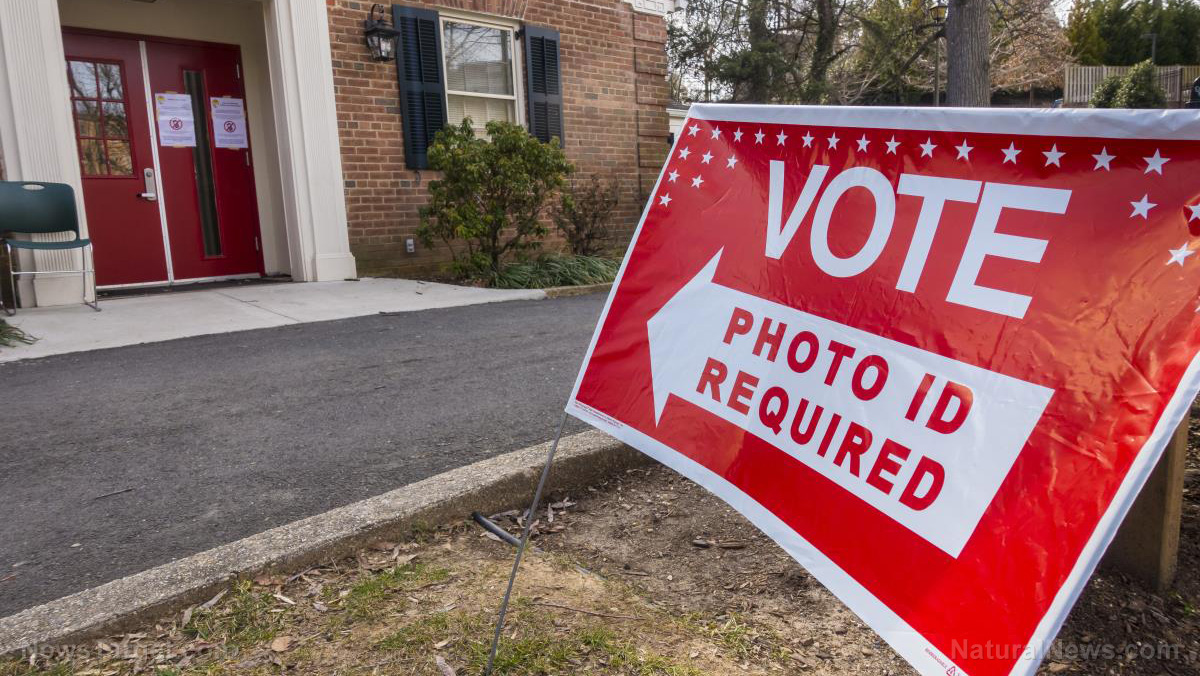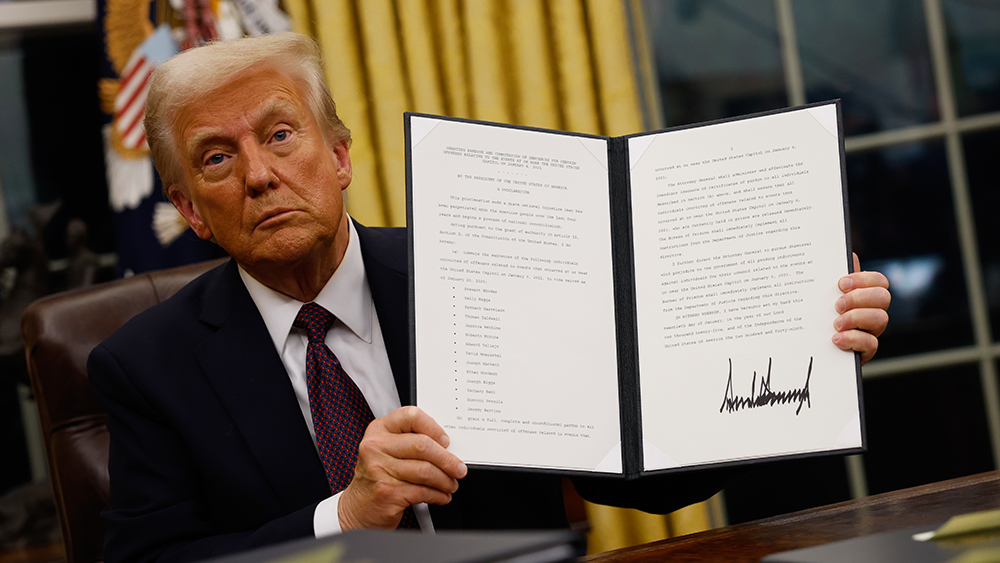
California Governor Gavin Newsom has just signed a bill into law that will prevent local governments from implementing any type of regulation requiring people to show identification before they can vote.
The move appears to be pushback against a controversial ballot measure that voters approved earlier this year in the city of Huntington Beach requiring people to present photo ID when they show up at the polls. The measure passed with 53.4% of the votes and would also increase the number of in-person voting sites and monitor the ballot dropboxes used for local elections.
As a charter city, the Republican-led city says that it has home rule over administering elections. However, California Secretary of State Shirley Weber and Attorney General Rob Bonta sued the city to invalidate the law on the grounds that it interferes with the state's voting rights protections.
In a statement about Huntington Beach’s measure, Bonta claimed: “State election law already contains robust voter ID requirements with strong protections to prevent voter fraud, while ensuring that every eligible voter can cast their ballot without hardship. Imposing unnecessary obstacles to voter participation disproportionately burdens low-income voters, voters of color, young or elderly voters, and people with disabilities.”
In other words, he’s afraid it would make it harder for those groups who traditionally vote for Democrats to cast their ballot – but the unspoken part here is that it would also make it harder to rig the vote.
Huntington Beach never responded to the lawsuit, but it’s a moot point with the new state-wide law going into effect.
The new legislation prompted immediate backlash from Elon Musk, who referred to Newsom as “The Joker.”
He wrote on X: "Wow, it is now illegal to require voter ID in California! They just made PREVENTING voter fraud against the law. The Joker is in charge."
Right now, California is just one of 14 states that does not have an identification requirement for voting. Some of the other states on this list include Nevada, Oregon, Pennsylvania, New Mexico, Maine and New York.
Meanwhile, 24 states require voters to present photo identification. For example, in Florida, voters must present both a photo and signature ID. Eleven states allow people to vote using forms of identification that do not have a photo, such as a utility bill or bank statement with the voter’s name and address.
Voter ID laws in the spotlight as Election Day approaches
With Election Day fast approaching, many people who remember what happened in 2020 are rightfully concerned about how easy it would be to manipulate the vote. There is no question that voter ID laws can do a lot to prevent many of the most common types of fraud, such as impersonating registered voters at the polls, preventing people who are not citizens from casting their ballots, and preventing people from registering in multiple jurisdictions.
While liberals love to claim that this prevents certain groups of people from voting, the truth is that Americans across all backgrounds and political views overwhelmingly support the idea of requiring identification to vote.
In fact, a poll carried out by the Honest Elections Project found that 77% of all Americans are in favor of requiring photo ID to cast a ballot and just 14% are opposed. They also found that 76% of low-income voters, 77% of Hispanic voters, and 64% of black voters support voter ID laws.
Sources for this article include:
Please contact us for more information.




















